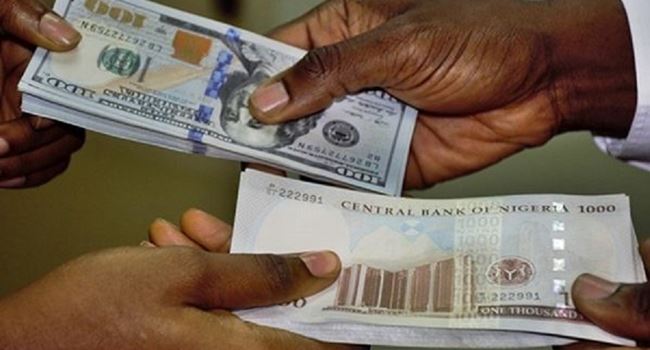The Naira fell across the foreign exchange market after the Central Bank of Nigeria (CBN) monetary policy committee raised benchmark interest rates by 100 basis points to 17.50%.
The market, on the other hand, responded unfavorably, with selloffs on the Nigerian Exchange occurring at the same time currency dealers reported a rise in demand for foreign currencies ahead of the deadline for old naira note acceptance for transactions.
Due to sustained demand from Nigerians – both people and corporations – foreign money have grown scarce. The CBN, Nigeria’s central bank, has little power to upstream foreign money. The apex bank capital control has increased the foreign exchange backlog.
Meanwhile, Broadstreet has expressed skepticism about the possibility of the local currency recovering from its wild slide across the market due to a lack of FX inflow supports. Despite the fact that the Nigerian government must increase oil production volume, changes in global crude oil prices have continued to have an influence on FX inflows.
According to investment banking organizations’ forecasts for 2023, currency analysts expect the exchange rate to reach N500 on average in 2023. The exchange rate in the foreign currency market for investors and exporters fell to N462 as demand exceeded the supply of US dollars.
The parallel market, where the US dollar is readily swapped for local currencies, has witnessed the similar trend. The exchange rate fell by 0.13% to N749 from N748. Analysts believe that the new naira note will support the normalization of demand in the black market from February 2023.













